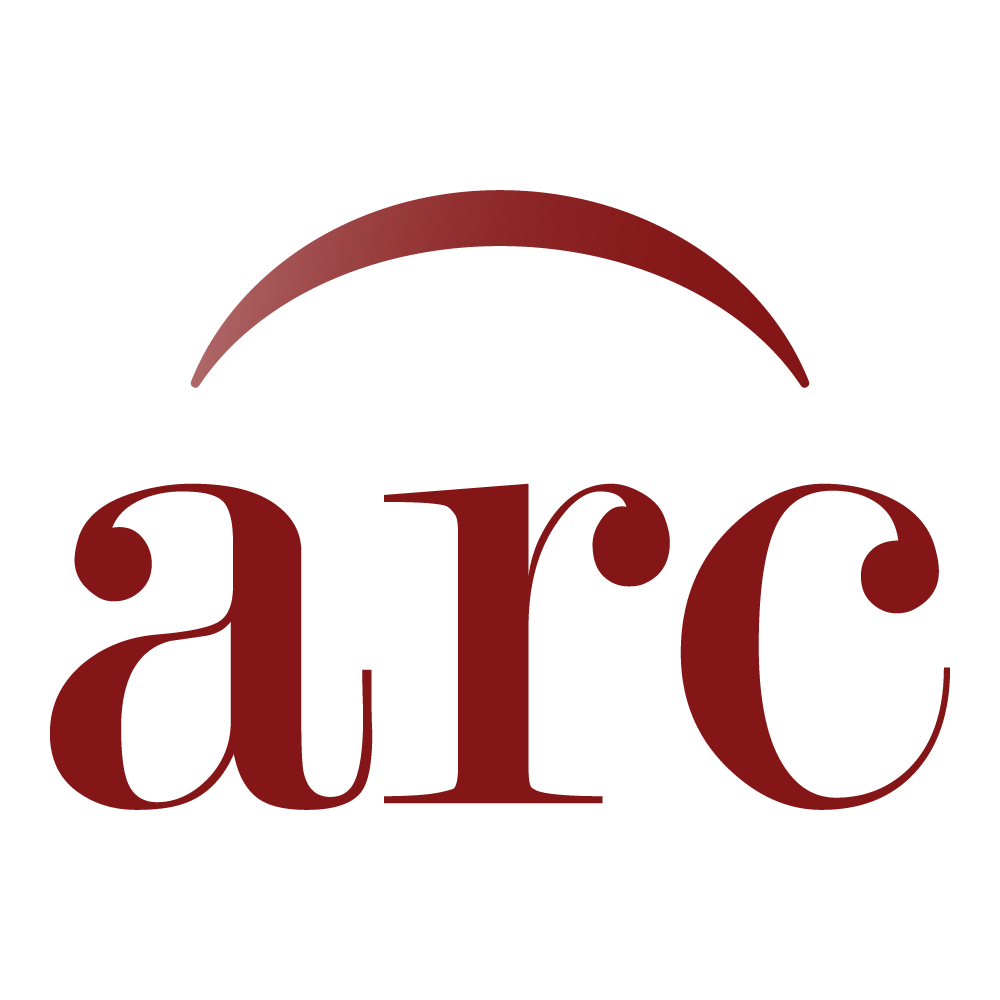English, Glenn Lee, U.S. House of Representatives from Oklahoma's 6th district, 1940-
Person
Biographical:
Glenn Lee English, Jr. was born in Cordell, Oklahoma, a small rural community in southwestern part of the state, on November 30, 1940. English attended Southwestern State College in Weatherford, Oklahoma and received a double degree in Business and Economics in1964. Congressman English is the son of Mr. and Mrs. Glenn English, Sr., of Cordell. English and his wife, Jan, have a son, John Lee, and a daughter, Tyler Janene. From 1965 through 1971, Congressman English served in the U.S. Army Reserves, attaining the rank of Staff Sergeant. Before his election to Congress, he gained first-hand experience in the legislative process through eight years of staff work with the California State Assembly, the U.S. House of Representative, and as the director of the Oklahoma State Democratic Party. Before his campaign for election, he returned to Cordell to work as a petroleum landman, helping others to promote the development of oil and gas properties. English represented Oklahoma's 6th District in the U.S. House of Representatives from 1975 to 1994. During his time in the House, English sat on the Agriculture and Government Operations Committees. He also served as the chairman of the Select Committee on Narcotics Abuse and Control. English was a major contributor to the 1986 Omnibus Drug bill. He became "dean" of the eight-member Oklahoma congressional delegation in January, 1987. In late 1993 English decided to resign from his seat in Congress, effective in January 1994. In March 1994 he became vice president and general manager of the National Rural Electric Cooperative Association, headquartered in Arlington, Virginia.
Found in 5 Collections and/or Records:
1982 - United States House of Representatives Offices - James Robert (Jim) Jones - "Conservative", 1982-01-01 - 1982-12-31
Item
Identifier: P-418-32708
Allowing Non-Attorneys to Represent Parties before the Occupational Safety and Health Review Commission: A Decision Update
Digital item
Identifier: CAC_CC_017_3_170_13_0011
Glenn Lee English, Jr. Collection
Collection
Identifier: CAC-CC-017
Scope and Contents
The bulk of the English Collection covers his Congressional career, 1975-1994. This includes records generated in or received by the Washington, D.C. and district offices by the Congressman and his staff. Broadly, these records include correspondence with constituents, other members of Congress and Senators, Presidents, Executive Office staff, Cabinet members and Federal agency staff, celebrities, business leaders, and foreign officials. The collection documents the primary functions of...
Opposition to Proposed Regulations for Indian and Native American Programs under JTPA
Digital item
Identifier: CAC_CC_017_3_170_11_0001
OSHA Requests Comments on Review of Cotton Dust Standard
Digital item
Identifier: CAC_CC_017_3_170_13_0029
